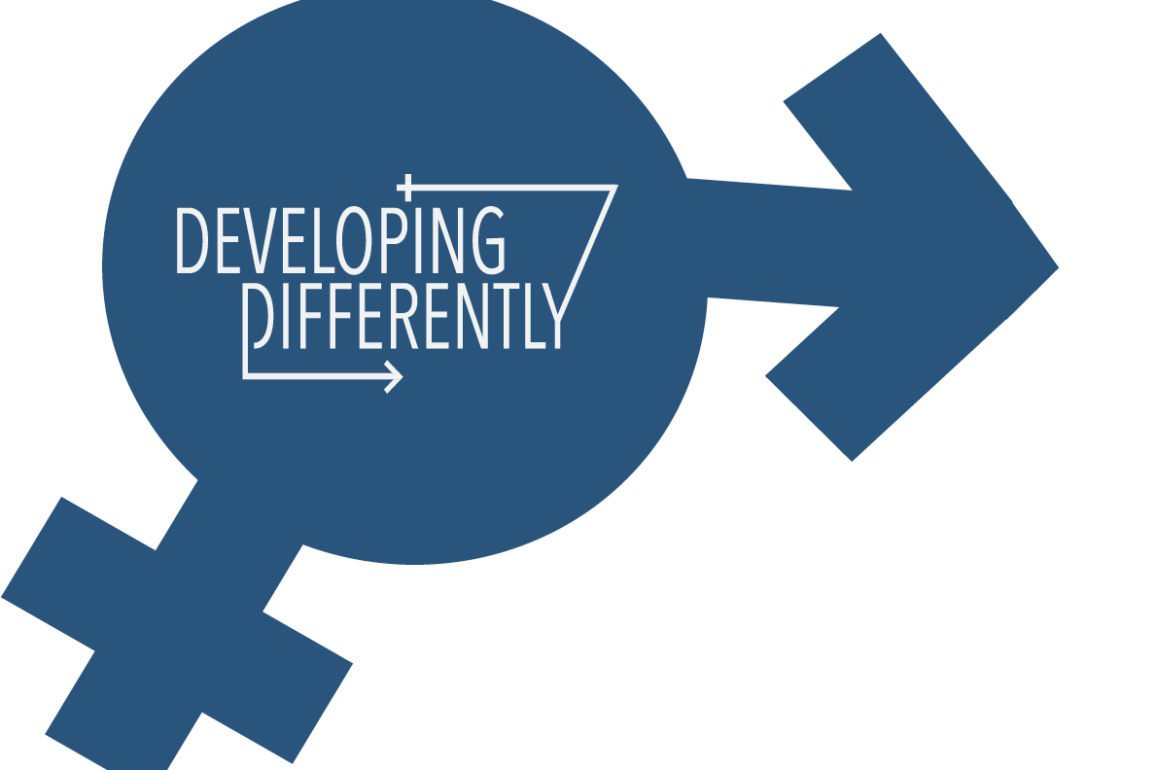Even though an estimated 1.7 percent of babies are born intersex, there’s still a general misunderstanding as to what it actually means
Cindy Stone was tired of hearing about mammograms, Pap smears, and other “required” yearly doctor checkups.
At 35 years old, the Indiana University professor didn’t think she had much to worry about. Her body felt fine, and she was infertile, anyways, so gynecologist visits seemed silly to her. And when she was 17, right before heading to IU for college, she was told by her doctor that she had no need for other doctors or checkups. In fact, they insisted she not see another doctor after they told her about her infertility.
She had gone to that gynecologist because, although she was 17, years past the typical starting point for menstruation, Cindy never had a period. Back when she was 13, the doctors had given her “vitamins” meant to jumpstart her cycle—a monthly supply of different colored pills, 21 of one color and seven of another—
but it had yet to appear. After exploratory surgery and several tests, Cindy and her mother returned to the office for the results. Cindy was called in first, and the male doctor told her one thing: You’re infertile.
You’re a normal girl in every way, but your ovaries just don’t work, so that’s why you haven’t had a period. And you never will.
* * *
Continue reading on The Atavist for the complete multimedia story.




